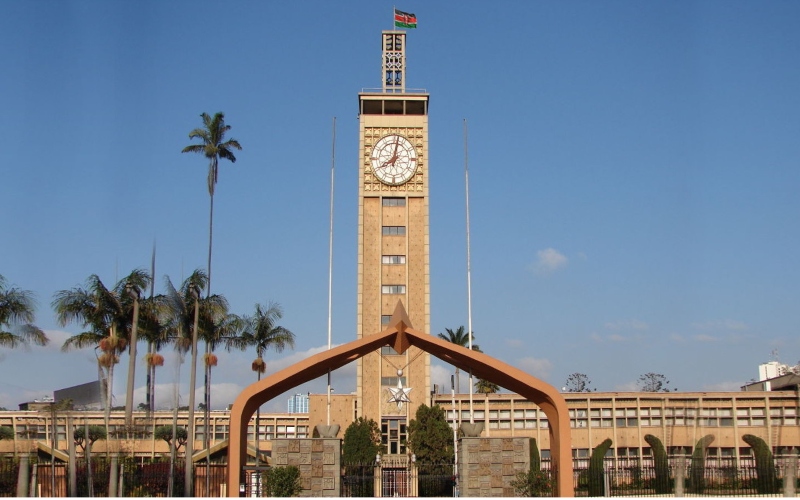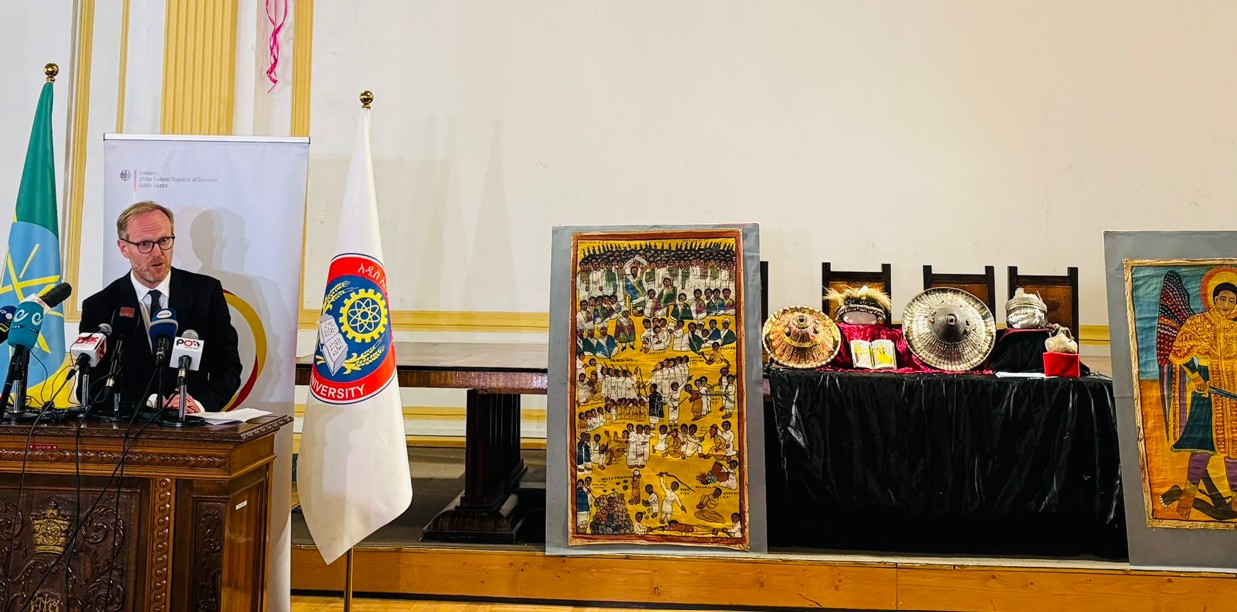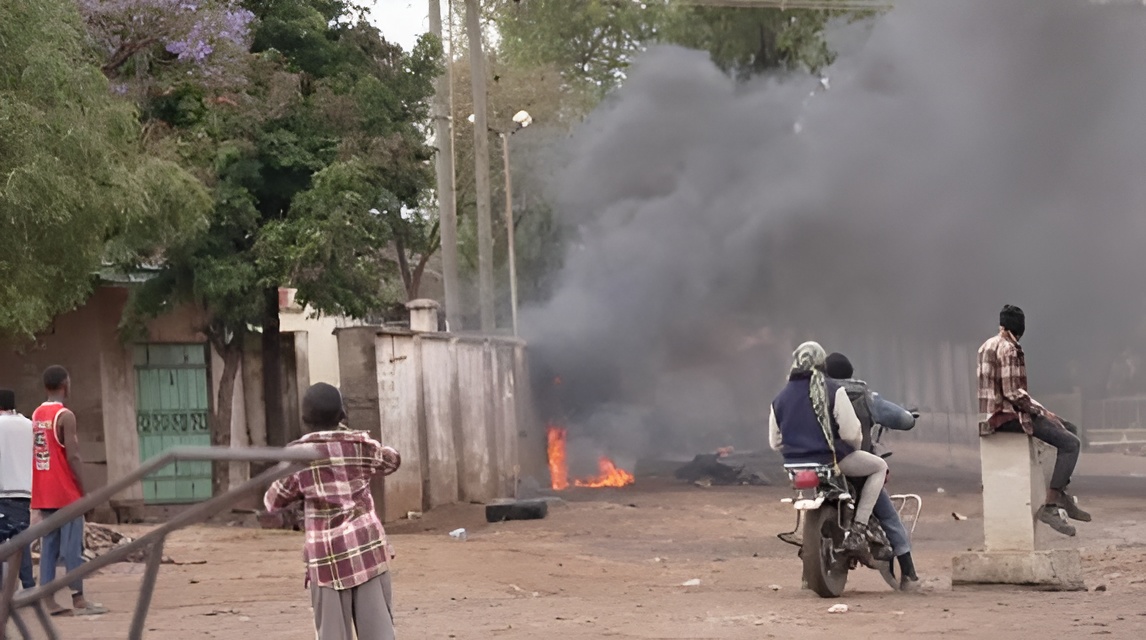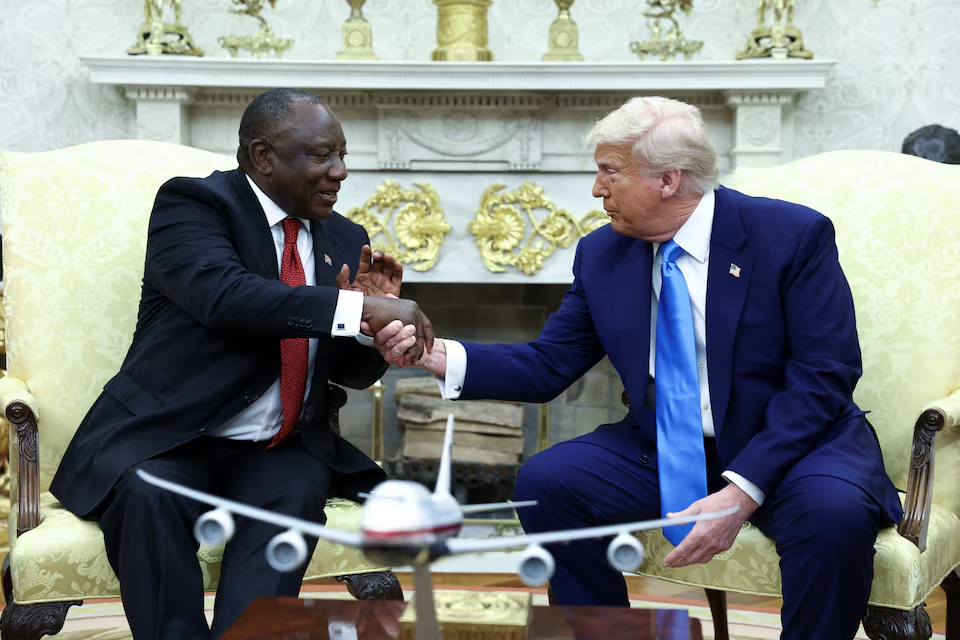Two tables, one war: Life amid ceasefire in Israel and Gaza
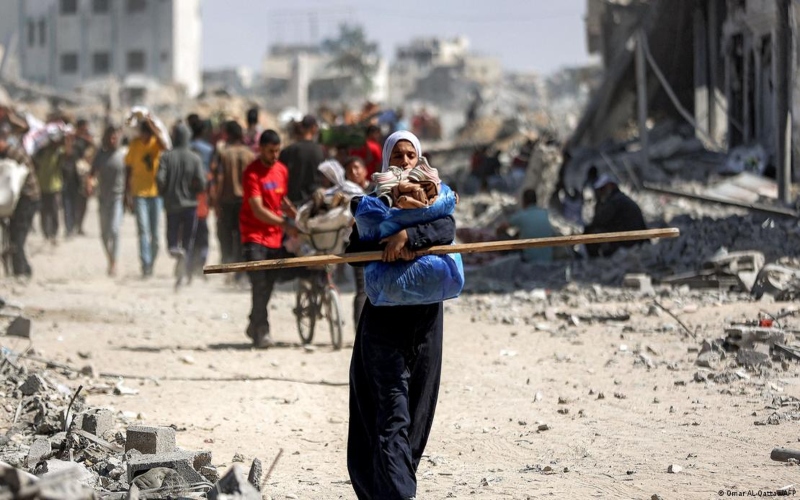
There is still a long way to go before people can find an answer to that question - not in promises or temporary pauses, but in days of uninterrupted life.
Mohamed Alazeb, a university student in Gaza who shares his life on social media, has been studying at a small wooden table in a makeshift tent since the Gaza ceasefire took effect on October 10, which brought relative calm to the enclave and allowed him to resume his schoolwork.
More To Read
- UN Security Council approves US-brokered Gaza peace plan
- Over 150 Palestinian refugees finally disembark in South Africa after nine-hour airport ordeal
- Gazans continue heading home as ‘fragile ceasefire’ holds
- Türkiye issues arrest warrant for Israeli PM Benjamin Netanyahu over Gaza war
- In a quiet community on Doha’s edge, Gaza’s wounded and orphaned learn to heal
- ICJ tells Israel to let UN aid flow into Gaza – but UN’s own failures throughout the war loom large
The table is so low and uncomfortable that he must hunch over and curl his legs inward to write. "Studying in a tent is extremely tiring and feels like a pointless, unfun challenge," he said. "But I'm up for it."
Across the border in Israel, tables were set for a different kind of purpose. For a long time over the past two years, a long table assembled from smaller ones stood in Tel Aviv's Hostages Square.
Facing the military headquarters, it was surrounded by 48 empty chairs, each bearing a photo of a captive. Before the ceasefire, families would gather around the table every weekend, shouting into the night: "Ceasefire now! Bring them all back!"
Of the 48 hostages captured, 20 have returned home, along with the remains of 25 others; three bodies are yet to be returned to Israel. Once a symbol of reunion, the table also served as a poignant reminder of absence.
Two tables. Two nations. The same war. Its aftermath touches every life here. For some of my Israeli and Palestinian friends, war rarely truly "ends".
A Palestinian once told me that the Arabic word for ceasefire - "Hudna" - means "calm", not "conclusion". "Calm is destined to be broken, as long as oppression continues," he said.
An Israeli friend once told me that, in Israel's security mindset, peace is merely an "interval" between two wars. "Israel lives each day preparing for the next one."
However, the relative calm over the past month has led many in both Palestine and Israel to believe that the war may have at least come to a temporary halt. The political leadership on both sides had declared "victory".
Israel said it had turned crisis into opportunity - crushing Hamas's military capacity, pushing back Hezbollah, toppling Syria's old regime, and curbing Iran's nuclear threat.
Hamas also claimed triumph. After fire and blood, it said, "Zionist aggression" had been repelled, Israel condemned globally, the state of Palestine recognised by more nations, and the cause of Palestinian statehood strengthened.
Within hours of the Israeli withdrawal from Gaza City, Hamas's security forces had returned to control key streets.
For me, the war has left its mark as well.
I became hyper-sensitive to every sound. The ignition of a car could suddenly make my heart race, the engine's sound too similar to that of a warning siren. In public, I stayed alert. On a bus, any sudden movement, unusual sound, or out-of-place shadow could make me get up and flee.
During the 12 most tense days of the Iran-Israel conflict, I barely felt hungry or needed any sleep. One quiet day would leave me restless - why had no missiles come? Only when the familiar sirens blared and explosions followed could I finally fall into a deep sleep.
Space was remapped as well. Historical sites, hiking trails, cafes and bookshops I had planned to visit before being assigned to Israel have now been replaced by city flash points, Israeli bases along the Gaza border, and buildings shattered by missile strikes.
As a photojournalist in Jerusalem, I've developed a habit of keeping diaries.
Time was no longer measured by calendars but by violence: "During the 2024 Mid-Autumn Festival, Israel launched pager attacks against Hezbollah;" "June 13 marked the outbreak of the second round of the Iran-Israel conflict;" "This year marks the second anniversary of the Israeli-Palestinian conflict." I filled my notebook with these events.
On October 9, the day Israel and Hamas agreed to a ceasefire after more than two years of war, I opened my calendar crowded with notes and scribbled a question mark beside the date. "Could this mark the beginning of lasting peace?"
Like most ordinary Israelis and Palestinians, I hope that hostilities never recur. But how long it will take for them to reconcile and live peacefully side by side, I do not know.
There is still a long way to go before people can find an answer to that question - not in promises or temporary pauses, but in days of uninterrupted life.
Top Stories Today




